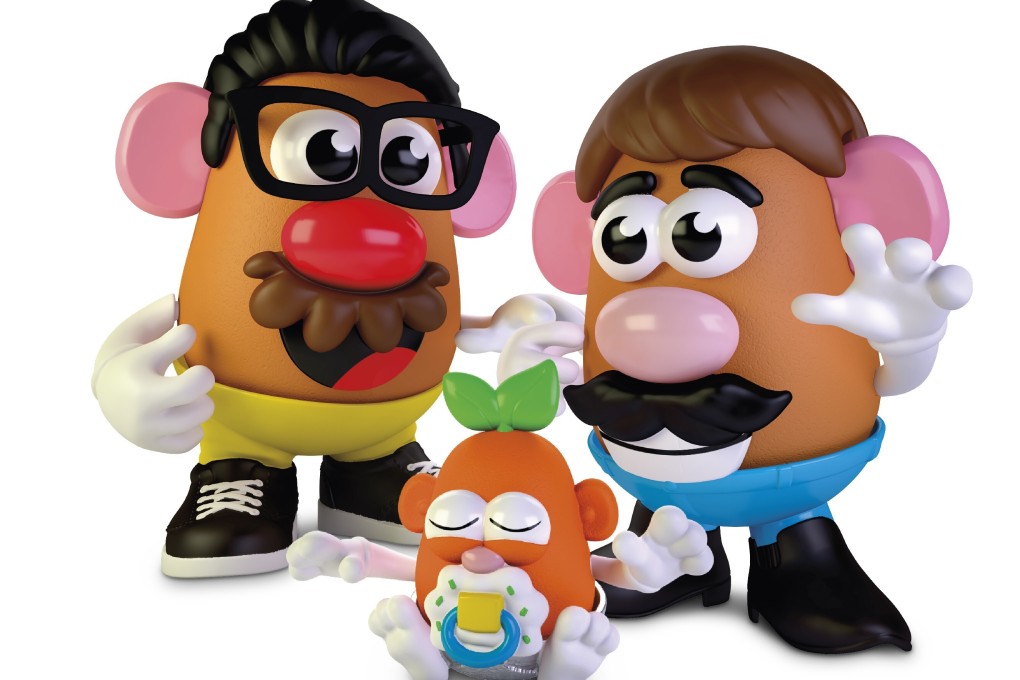My Take | Zie says, sie says: welcome to the brave new world of non-binary genders
- Those of us who are grammatically outdated such as yours truly better get used to the new gender-neutral vocabulary

A coup and protesters killed in Myanmar. A diplomatic spat between the United States and Iran over resuming nuclear talks. Questions about the effectiveness and fairness of Covid-19 vaccines and their worldwide distributions …
But, last week, one of the biggest news stories was Mr and Mrs Potato Head. Or rather, it’s Potato Head for the popular toy from now on, as producer Hasbro seeks to rebrand it to be gender-neutral. Mind you, they are not forcing them to undergo a sex reassignment surgery, as some early social-conservative critics had feared. The formerly Mr Potato Head gets to keep his moustache, and the ex-Mrs will still wear lipsticks, at least for now.
It’s just a name change, not a sex change. Crisis averted. Or, so it seems. But people seem to be genuinely agitated in the English-speaking world – angry about the change if you are a social conservative; angrier because it didn’t go far enough, if you are an advocate of gender equality and neutrality.
Ben Shapiro, one of America’s most influential conservative commentators, tweeted: “Mrs. Potato Head has also been killed off. She will be replaced by an asexual can of Pringles.”
He jumped the gun. Well, so did everyone. But the triggering is understandable.
In recent years, a fierce war over gender identification is being waged in many Western countries, so much so that you cannot understand their domestic politics without getting to grips with the ever expanding nomenclature of gender politics. Whatever you think about them, young people in Hong Kong fight fiercely – or destructively – for democracy and autonomy; their counterparts in the West are triggered by societal injustice over binary sexual labels (male/female) being forced on them.
